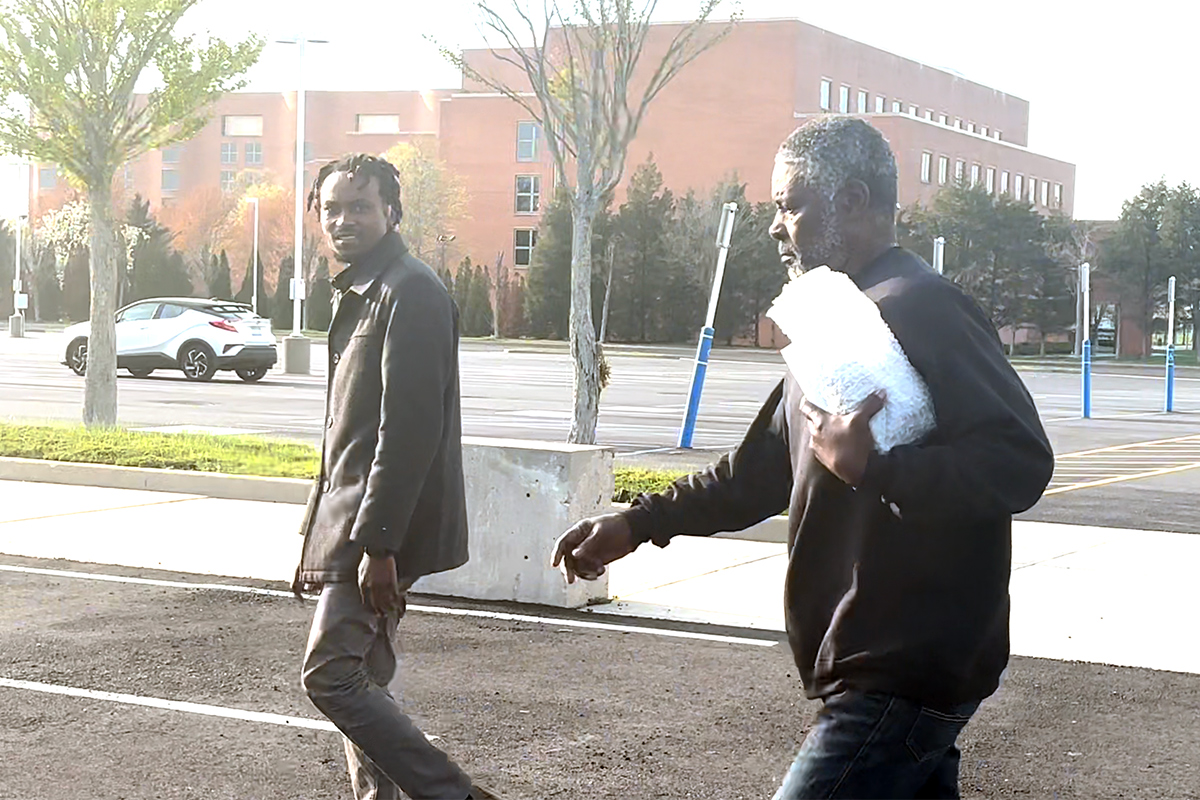 For Christians, Lent is the 40-day period prior to Easter where they reflect on their baptism and how well they’ve been living that out. Traditionally, three acts of Lent are prayer, almsgiving and fasting. Many people equate fasting with “giving up” something for Lent. Sometimes it’s a favorite food. Sometimes an unhealthy food. Sometimes a bad habit.
For Christians, Lent is the 40-day period prior to Easter where they reflect on their baptism and how well they’ve been living that out. Traditionally, three acts of Lent are prayer, almsgiving and fasting. Many people equate fasting with “giving up” something for Lent. Sometimes it’s a favorite food. Sometimes an unhealthy food. Sometimes a bad habit.
The reasons for fasting or “giving up something” are varied. Sometimes it’s an exercise in self-control. Some use it as a time of self-betterment. For others fasting from something gives them extra funds to be used for almsgiving—that is, charitable donations. On a spiritual level, the longing for a latte might translate into a prayer: “God may I hunger for you even more than I thirst for my morning coffee.”
This kind of giving up is different from giving in. With all the challenges of the COVID-19 pandemic, people had just given in to the circumstances they found themselves in during the past year. Can’t see the grandchildren? Can’t visit the hospital or nursing home? Can’t play sports? Can’t go to school each day? Can’t go out for dinner? As each of these restrictions came along, there was little we could do but give in. We were required to follow the protocols, even though some of these were heartbreaking. Giving in happened because we had no choice.
But “giving up”—and this doesn’t refer to being resigned to our fate—this kind of fasting is empowering. When we choose to give up a habit or a food or an activity, we fast from these things as a means to accomplishing other things. If I give up reckless driving, I accomplish a safer neighborhood. If I give up binge watching TV, I gain time to do something to make life better, either for myself or others. If I fast from something I am addicted to, I gain freedom. Giving up something leads us to be happier people, even if the momentary desire for sugar makes us crabby when we don’t get what we long for.
Giving in, however, can make us feel defeated, depressed, angry and disconnected. We can make snide remarks about the protocols that burden us and the people who set those protocols. I’m not really surprised at the level of nastiness I read online because I know it is a result of giving in. That’s not to say such negative talk is OK. What if we saw the things we feel forced to do as opportunities to give up something for a time instead of giving in to something that interferes with our normal ways of doing things?
Each time I put on my mask I pray a line from Psalm 141: “Lord, place a guard over my mouth, a sentry at the door of my lips.” In that prayer I mean two things: First, I’m praying that I do not infect anyone should I be carrying the coronavirus and I pray that I don’t breathe it in. And second, I’m praying that the mask also is a sign that I won’t let any bad speech leave my mouth. No cursing, no gossip, no negative comments, no harassing, etc. The mask then becomes part of a deliberate way of living and loving rather than some dreaded resignation to what I’m told to do.
The choice is ours if only we see that there is a choice between giving up and giving in. Why not try this week to reexamine the protocols that have felt oppressive and reimagine them in terms of choices to love?
Father Ralph Sommer is the pastor of St. Bernard’s Church in Levittown and is an Anton Media Group columnist.

































